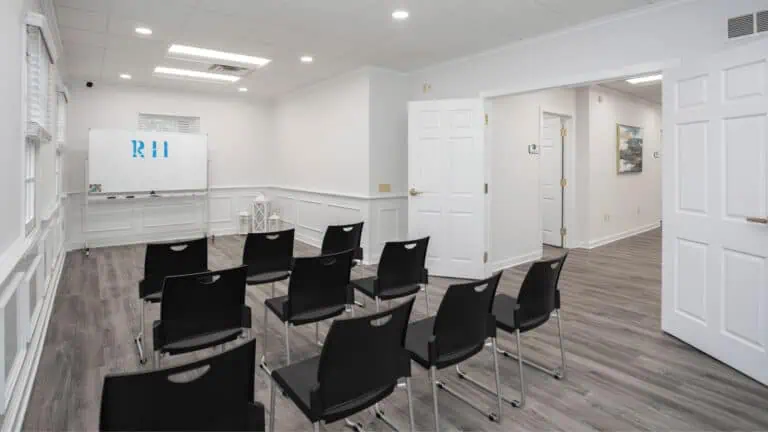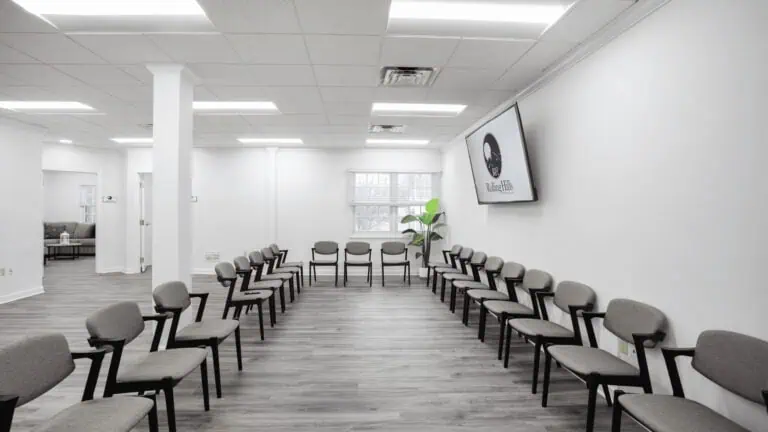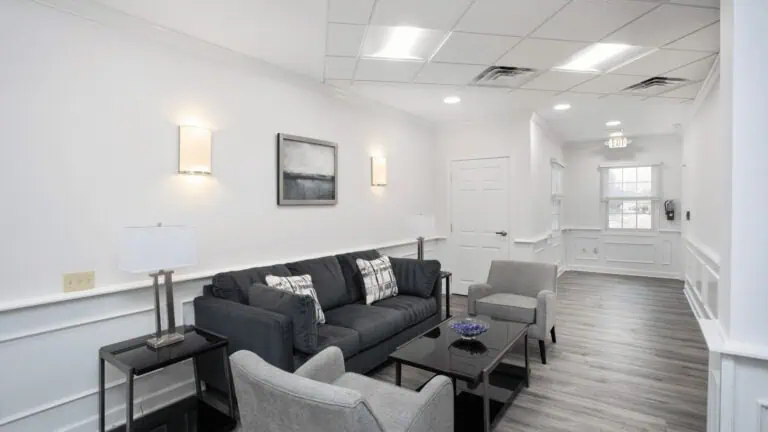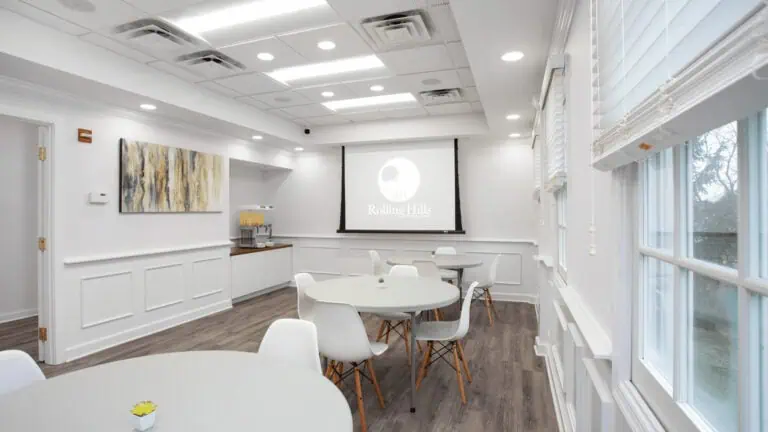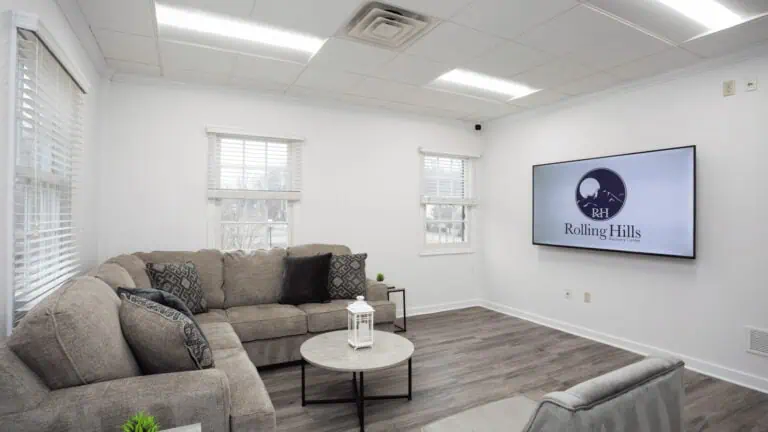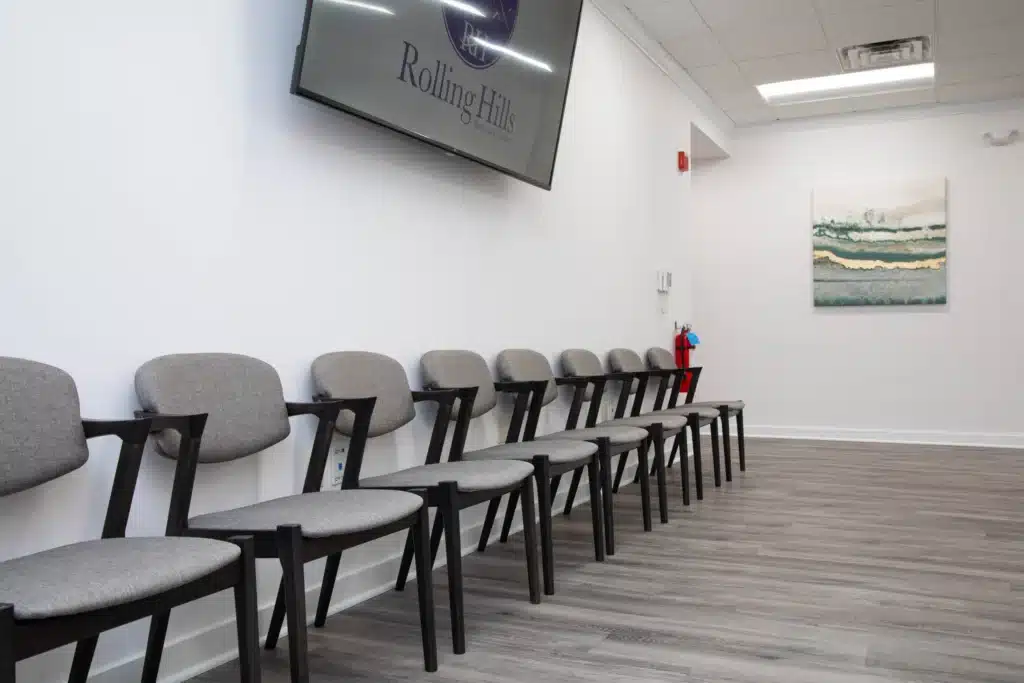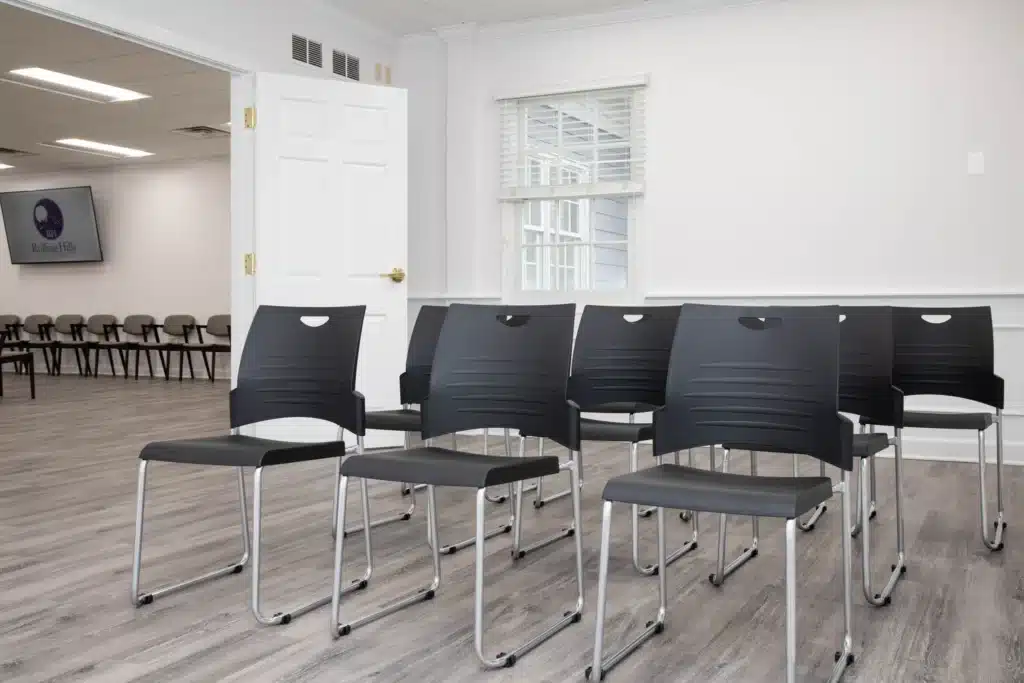- About UsOur Philosophy
Learn About Our Mission
Our CommunityCompasionate & Caring
Tour our FacilityModern & Luxurious
Contact UsGet in Touch Today
Why Choose UsWe Are Accredited
Privacy PolicyWe Take Privacy Seriously
Meet The TeamExperts in Addiction Treatment
Editorial PolicyTrustworthy Information
Addiction & Recovery BlogHelping Educate Individuals
Our AccreditationsCommitment to Quality Care
Start Your New Life Today!
We are Dedicated To The Success of Recovering Addicts and Alcoholics. - Admissions
Your Journey Begins Today
Don't Let Addiction Win. Our Caring Specialists are Standing by Right Now. - AddictionAddiction Information
Explore Our Resource Library
Is Addiction a Disease?The Disease of Addiction
Signs of AddictionLearn the Signs & Symptoms
Addiction and FamilyHow Addiction Impacts the Family
Detox ProgramsFind Your Medical Detox Options
Inpatient ProgramsIs Inpatient Rehab Right for You?
Can You Get Fired for Going to Rehab?Know Your Rights and How to Get Help
Family Medical Leave Act (FMLA) for RehabHow You Can Go to Rehab Without Loosing Your Job
Treatment Designed for You
Get Personalized Recommendations for Addiction Treatment Right Now. - ProgramsPartial Hospitalization Program
Learn More About Our Partial Day Program
Intensive Outpatient ProgramDiscover Flexibility in Treatment
Outpatient ProgramHigh-Quality Outpatient Treatment
Co-Occurring DisordersTreating Dual-Diagnosis Conditions
Relapse PreventionExplore How RHRC Approaches Relapse Prevention
Treatment for VeteransServing Those Who Serve Us
Treatment for First RespondersTrauma-Informed Care for First Responders
Treatment for Healthcare ProfessionalsTreatment Designed for Working Professionals
Freedom Awaits You
Don't Let Addiction Win. Our Caring Specialists are Standing by Right Now. - Our TherapiesGroup Therapy
Learn More About the Benefits of Group Therapy
Individual TherapyDiscover How Individual Therapy Works
Cognitive Behavioral TherapyFind Out How CBT Can Help Treat Addiction
Dialectical Behavioral TherapyThe Benefits of DBT in Addiction Treatment
Recreational TherapyTake a Look at Our Recreational Activities at RHRC
Art TherapyFind Freedom in Creative Expression
Music TherapyMusic Can Help Heal Your Soul
Yoga TherapyLearn How Yoga Can Help You Recover
Reiki TherapyLearn More About the Art of Reiki
Massage TherapyDiscover the Benefits of Massage Therapy
Equine TherapyCheck Out Our Equine Therapy Offerings
PTSD & Trauma TherapyTreat the Root Causes of Addiction
Freedom Awaits You
Don't Let Addiction Win. Our Caring Specialists are Standing by Right Now. - What We Treat
Freedom Awaits You
Don't Let Addiction Win. Our Caring Specialists are Standing by Right Now. - Contact
Contact
The Life You Deserve is Waiting for You.





